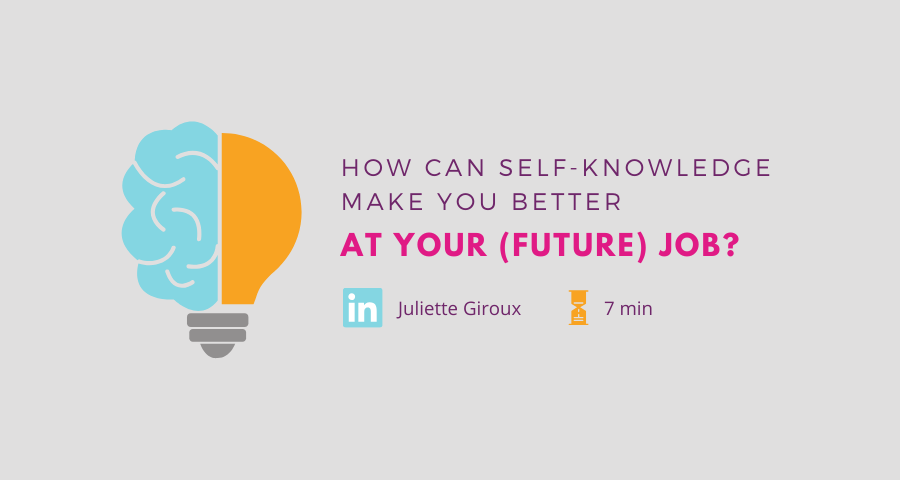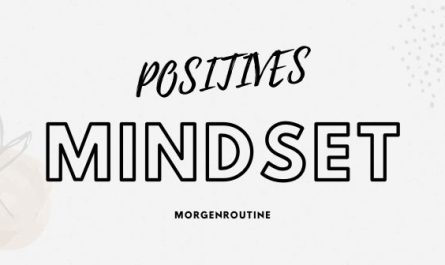In the last two posts, we spoke about the real power of self-knowledge, and described the 16 MBTI personality types as well as the importance of understanding how each and every one differs or relates to us. It is now time to move on from this global approach, to focus on one particular application area: the professional world. Indeed, you must wonder how all this self-knowledge, despite making you a wiser little human, can help you killing it in at what you do, or will do, for a living.
LEARNING TO WORK WITH OTHERS
Let’s start with some general insights. Whatever your job is, chances are high that you need to work with other people at some point. Whether it’d be group meetings, management, training, support… so many professional tasks require to deal with colleagues, managers, customers, patients, students, suppliers and so on and so forth. Obviously, working with others comes with its challenges. How to voice your opinion without hurting someone’s feelings? How to negotiate to get what you want? How to make someone obey the rules? All of these questions have to do with communication. The problem usually lies in the fact that your way of communicating differs from others’ way of doing so. And that’s exactly where self-knowledge comes into play.
When you know how you function and how others potentially function, you can identify conflict zones. As an Extrovert (if you don’t know what I am referring to, please check last week’s post), you cannot expect an Introvert to make up his/ her mind through the course of a meeting. You also cannot motivate a Judging and a Perceiving type the same way. The former will need clear requirements to get his/ her work done, while the latter thrive in flexible and open environments.
You might wonder: “how am I supposed to know which type people are?”. My only answer is: time and observation. When you know the MBTI model well – or any other personality types model for that matter – you know which patterns to look for. The more you will practice this observation exercise, the better you will get. It might be long at first, but after a while you should be able to identify people’s type after only a few days of working with them. Bear in mind that in most jobs, you work with people long enough to be able to get to know their personality type and make the most out of that information.
BECOMING BETTER AT A SPECIFIC TASK
Of course, I cannot talk about every job that exists throughout this post. Or even in general, because I obviously only know about my case and not everyone else’s. However, I thought I would share with you a few insights, from my personal experience in marketing, as well as from those of three women, respectively working in law, education and health.
My past and future job is User Experience (UX) Designer. The Nielsen Norman Group, the world leaders in research-based UX, define UX as a discipline that “encompasses all aspects of the end-user’s interaction with the company, its services, and its products”. In other words, a UX Designer is in charge of creating the best possible experience between a company and its users. At this point, you probably can guess why self-knowledge is so important for UX Designers. The only way you can provide the right experience to your users, is by understanding them. And as you must have realized by now, understanding others can definitely be done through self-knowledge research. I truly believe that all the knowledge I have acquired regarding personality types for example, will help me relate better to the target users I will work for during my career. Therefore, it will make me capable of designing the experiences they need. Makes sense, right?
Now moving on to law. For Giovanna, a 23 years-old law student from Brazil:
“psychology knowledge is useful for a lawyer in a wide range of aspects. When you know yourself and how you react under pressure, for instance, you can prepare better for situations of confrontation – not only on trial but in also in everyday negotiations and deals. Having some knowledge about personality types, in addition, can help a lawyer to adjust her/his speech according to her/his interlocutor, in order to be more persuasive and assertive.”
On the other hand, Dorothee, a middle & high school German teacher with 21 years of experience, believes that:
“as a teacher, your class always consists of a variety of learners who not only show different learning and performance behaviors, but also bring very different attitudes, conducts and life experiences with them. Understanding such heterogeneity at the psyche level is an important prerequisite for teaching and education in a school context. This applies to both the individual and the learning group as a whole. Learning, in the sense of transforming skills into performance, can only be successful if I – as a teacher – include personality-related aspects.”
As you can tell, the field in which you’re working doesn’t really matter. That’s also what proves the following interview I realized with Karly, a 25 years-old Australian nutrition student and blogger:
https://www.youtube.com/watch?v=7Ndid3bGWdM
THE PROFESSIONAL UNIVERSALITY OF SELF-KNOWLEDGE
As those four testimonies showed you, there’s always going to be a potential professional use to your self-knowledge. Whether it can help you work easier with others, or improve your performance in a specific field, self-knowledge can make you better at your (future) job. And if you don’t really know which field to work in yet, this post on Medium explains how self-awareness can also help you make an appropriate career choice.
Finally think about this: how much more enjoyable would your job be, if everyone you work with was using self-knowledge to improve their work performance, or adjust their interpersonal skills? And how great would a professional world only composed of empathetic humans be?
Please give me your opinion in the comments below: how do you think self-knowledge has helped or will help you get better at your job? I am particularly interested to get your inputs if you work in a field that I haven’t mentioned in this post.
If you enjoyed your reading, don’t forget to share this post. Maybe with the people you work with?
Don’t forget to follow me on LinkedIn to stay informed of the publication of my new posts, one every Tuesday.
And until then, take care!




Such an interesting post Julie! I love how you demonstrated just how dynamic self-knowledge can be for all different career paths ?
Hello Karly,
Thanks for the positive feedback. I really appreciate it! And thank you for accepting to be part of the post, your interview definitely added great value to it!
See you soon,
I really liked the stories from different backgrounds and the video interview with Karly.
Personally, I have worked for a recruitment agency in Online Marketing and also for a premium fashion company in Recruitment / Active Sourcing and self-knowledge definetly helps to encounter people at eye level. In recruitment you meet so many different candidates and you start developing an understanding of how they “tick” compared to you and also compared to their future team i.e. the position you are recruiting for. I believe that self-knowledge in recruitment also helps recruiters to find the best fit to the open position.
Hello Katharina,
Thank you for your feedback. I am glad you liked the post.
Thanks for sharing your personal experience in recruitement. It’s a job made by people for people, so it can only have a great self-knowledge impact to it. I definitely believe it’s so important to be able to recruit people that do no only have certain skills, but are able to fit and add to the team with their personal traits and qualities.
See you again very soon,
Very interesting! Well-done Juliette ??
Hello Marion,
Thank you for your feedback. I’m glad you liked the post!
See you again soon on the blog hopefully,
Such an interesting post ! It’s totally true, self knowledge help me a lot at my job, with my clients, or even at home. Great interview, by the way, simple and effective !
Hello Pauline,
Thank you for your feedback! I’m glad you’re benefitting from self-knowledge at work and at home.
See you soon on the blog hopefully,